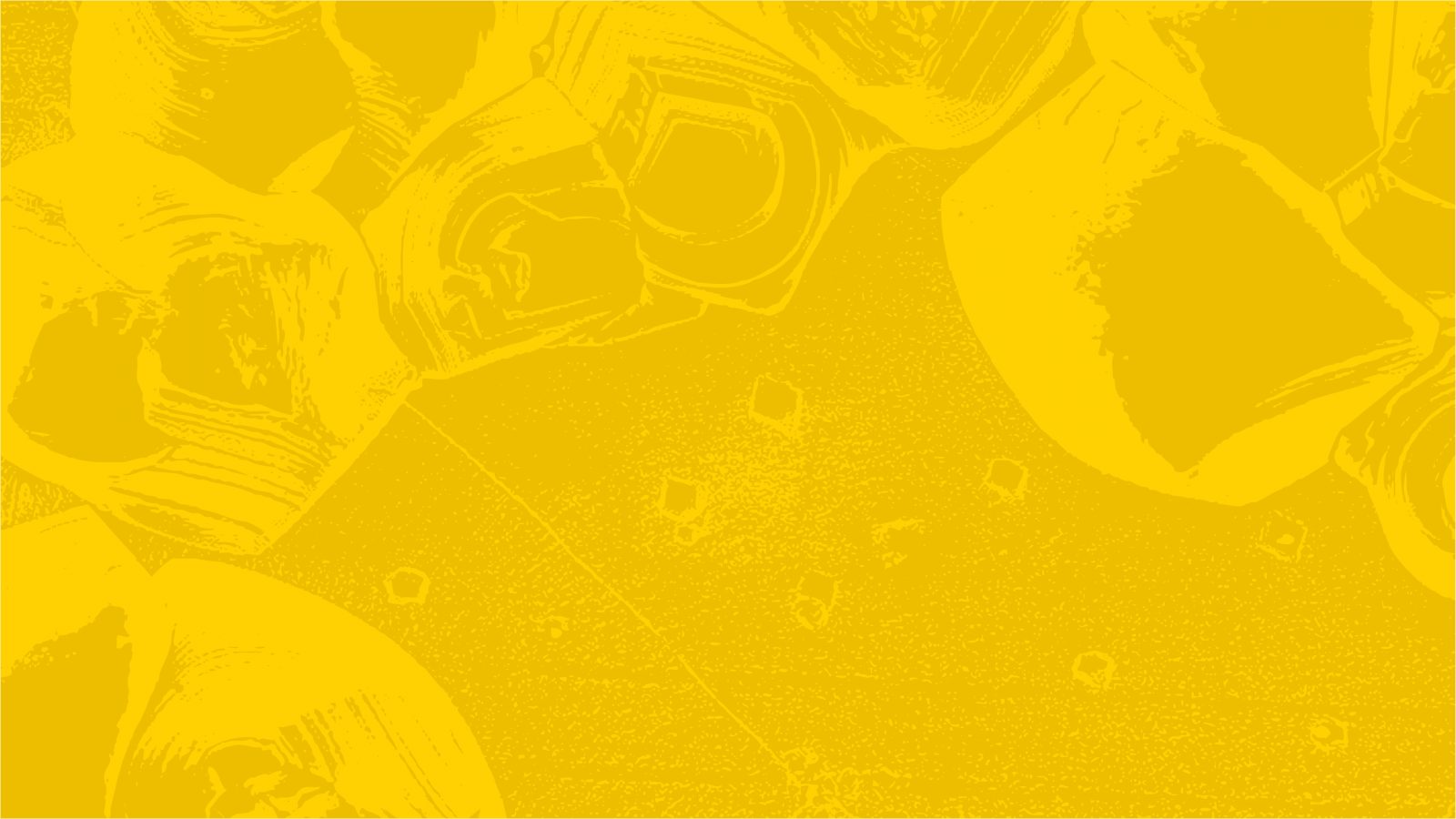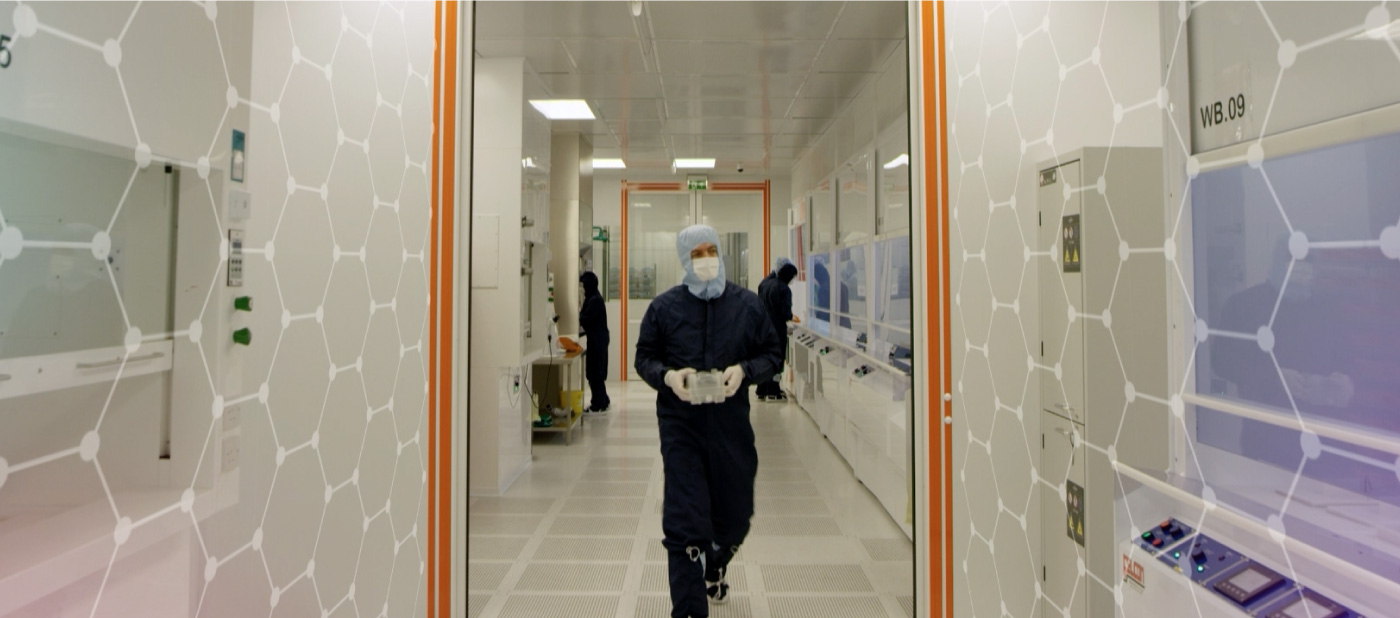The Henry Royce Institute is part of a consortium of academic and industrial experts joining forces to develop the digital technology required for a step-change in the design, fabrication, and in-service assessment of nuclear power plant components.
This “Prosperity Partnership” – Synergistic utilisation of INformatics and Data centRic Integrity engineering (SINDRI), has published an important report detailing challenges and recommendations for adopting a digital-centric approach to nuclear engineering and innovation, with the input and support from companies representing the full range of nuclear sub-sectors.
The report, “Data-Centric Engineering Approach in New Nuclear”, contextualises and introduces the need for digital-centric engineering and forms the culmination of conversations from key players including EDF (UK), Rolls-Royce, University of Bristol, UK Atomic Energy Authority and many more.
The report is representative of the nuclear community’s desire to tackle historic barriers to the development of the UK’s nuclear energy production capabilities. It suggests that adoption of new in-silico methods (computer modelling, integrity assessments) used in combination with current material methods will have key benefits across the entire lifecycle of a nuclear power plant (design, construction, operation, and decommissioning).
Benefits include cost reduction (design and optimisation can be developed digitally), further improved safety (reduce manual tasks and operation) and connecting processes across the lifecycle.
David Knowles FREng, CEO of the Henry Royce Institute comments on an important meeting which was the genesis of the report, and notes the need for the nuclear community to pull together:
“Rapid adoption of digital innovation is a high priority for safety critical industries and we need to move more quickly in the UK. This meeting, stimulated by SINDRI with support from Turing, highlighted many of the challenges we face – its output has been shaped by bringing together academia, industry and the regulators to develop a common understanding of the challenges and opportunities ahead. The day was a great success producing insightful output and I hope people will read the short report and add to the debate.
“We must remember that this is just the start. I’d urge the community to build on this and similar workshops to embrace the opportunities which digital innovation can offer. My hope is that the community will develop a diverse set of generic methods and approaches which will facilitate a new pattern in cross-sector collaboration.”
To read the full report click here



